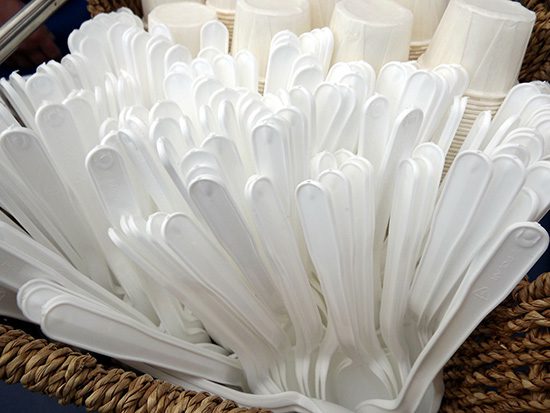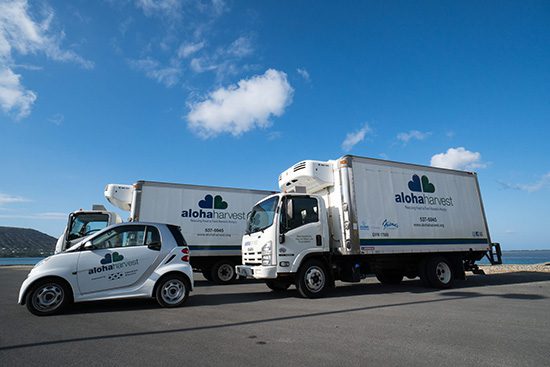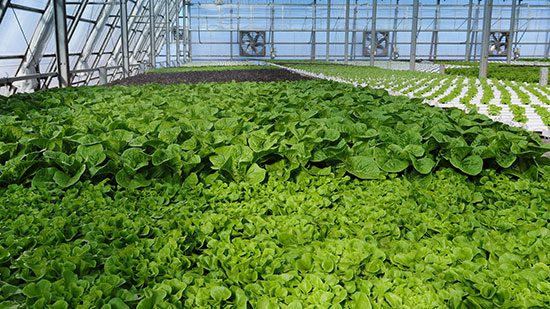
by Rachel Taga, Special to Ka ‘Ohana
A year ago, when you ordered takeout, you may have received a clam-shell Styrofoam container. However, on Dec. 9, 2020, the Honolulu City Council passed Bill 40, which phased out the use of plastic bags, polystyrene foodware and single-use plastics.
First, an important question must be posed: Why was Bill 40 necessary?
Polystyrene is a good insulator, hence making it ideal for restaurant takeout containers. However, polystyrene contains components such as styrene and benzene, both of which are suspected of causing cancer. These substances also leach when exposed to heat. Imagine what you’re ingesting when you consume piping-hot food and drink in Styrofoam.
In addition, the plastics banned by Bill 40 are non-recyclable and like Styrofoam take a long time to decompose, if at all.
Due to the emergence of COVID-19, the implementation date of the first parts of Bill 40 was moved from January 1, 2021, to April 1, 2021, which allowed businesses to use up their remaining supplies of non-compliant products.
There are also various exemptions to the bill including packaging for raw meat, raw poultry, raw seafood, unprepared produce and uncooked eggs; packaging for prepackaged food and shelf stable food; and non-compliant products sold to a food vendor who has been granted an exemption for said products.
In addition, the city’s Department of Environmental Services aims to help businesses comply with the bill. A notice of violation will first be issued to offenders, along with information on how to follow the ordinance. Only after that would a notice of order along with a fine be issued.
“We’re not out there to enforce,” said Henry Gabriel, the department’s recycling program branch chief. “We’re not out there to collect money. We’re there to educate, and so we will definitely try to help those businesses comply with the law.”
Gabriel said that compliant products now cost three to four times more than non-compliant products but that may not always be the case.
While environmentally-friendly products are more expensive now, the cost of complying with the bill will decrease over time. Save our environment; ban the plastic.





